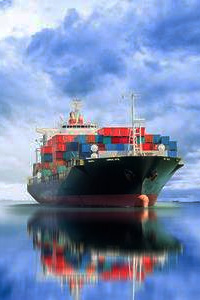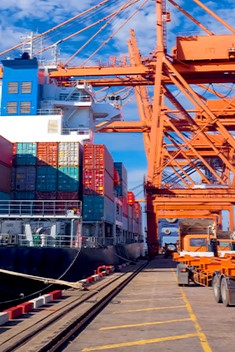How AI Changes the Logistics Industry
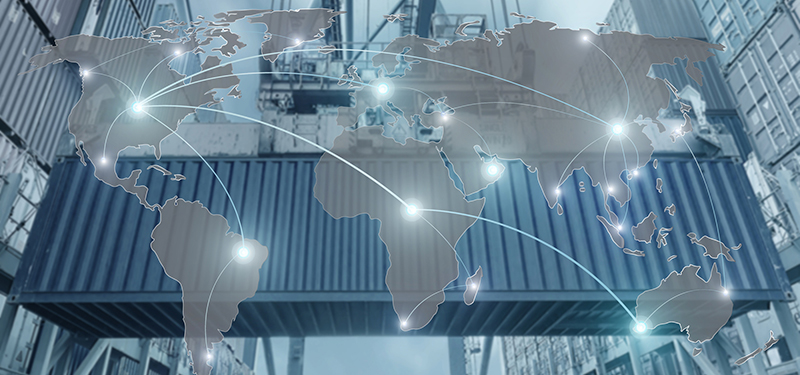
The application of artificial intelligence has enabled a radical change in the work system of the Freight and Logistics industry. Thanks to AI, companies have moved from a reactive scheme, in which logistics operations were adapted to changes in demand, to another proactive one, in which managers anticipate demands and adapt their resources accordingly. This has resulted in an improvement in efficiency and an increase in profitability.
Lets look at how exactly does artificial intelligence work. Click here to know how Codea FR8 suite can help companies leverage from AI ,RPA ,NLP and Machine Learning.
More Accurate Shipment Tracking
AI help companies to predict accurately, how long shipping will take and assist to spot trends and risks in shipping lanes and ports. Using this data will help to determine variations in shipping time. Machine Learning technology can also help analyze historical shipping patterns by taking into consideration the weather patterns and busy or slow shipping seasons. Automating the processes could also help to predict problems before they happen. The company can then make adjustments to get their products to the customer on schedule. Furthermore, AI can assist with optimizing the shipping route by analyzing data, addressing potential problems before they happen.
Artificial Intelligence for the Back Office Operations

Artificial Intelligence in combination with Robotic Process Automation (RPA) provides the workers with an opportunity to increase their quality of work. AI and RPA (Robotic Process Automation) allow employees to speed up the working processes by automating the everyday repetitive tasks. For example, there are some data-related tasks that repeat every day like entering the data in Master bills and House bills. This could be effectively automated using Cognitive automation, a technology evolved from a combination of AI and RPA . This lowers costs ,Saves time and improves the accuracy and timeliness of data for logistics companies.
AI could be used in the following processes and tasks
Scheduling and tracking: AI systems can schedule the transportation, organize pipelines for cargo, assign and manage various employees to particular stations, and track packages in the warehouse.
Invoice/bill of lading/rate sheet processing: These documents help communication between the buyers, suppliers and logistics service providers. Document automation technologies can be used to increase the efficiency of processing these documents by automating data input, error reconciliation and document processing.
Report generation: Logistics companies can use RPA tools to auto-generate regular reports that are required to inform managers and ensure everyone in the company is aligned. RPA solutions can easily auto-generate reports, analyze their contents and based on the contents, email them to relevant stakeholders.
Email processing: Based on contents in auto-generated reports, RPA bots can analyze the content and sends emails to relevant stakeholders.
Route optimization /Freight management
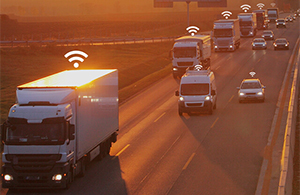
AI models helps businesses to analyze existing routing, track route optimization. Route optimization uses shortest path algorithms in graph analytics discipline to identify the most efficient route for logistics trucks.
Therefore, the business will be able to reduce shipping costs and speed up the shipping process. For example, a smart road system built in a AI web-based traffic management platform that delivers information about road conditions to autonomous vehicles and users
Customer service chatbot

Customer service plays an important role in logistics companies since customers will contact companies for any issue they experience in delivery. Customer service chatbots are capable of handling low-to-medium call center tasks such as:
- requesting a delivery
- amending an order
- tracking shipment
- responding to a FAQ
Chatbots are also valuable tech to analyze customer experience, chatbot analytics metrics enable businesses to understand their customers better so that they can enhance the customer journey they deliver.
Automated Warehouses
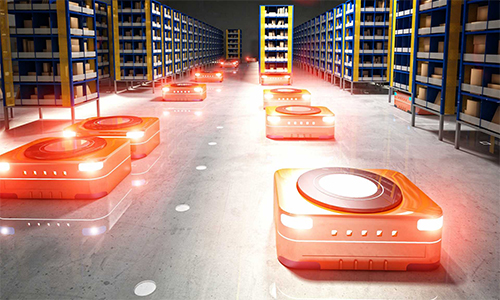
Artificial intelligence technology changes many warehousing operations, e.g. data collection, inventory processes and more. As a result, companies can increase revenues. AI in warehouse automation is being used for predicting the demand for particular products. Based on this data, orders can be modified and the in-demand items can be delivered to the local warehouse. This predicting of demand, and planning of logistics well in advance, means lower transportation costs.
FR8 has explored the scope of warehouse automation systems to provide an opportunity to conquer a lot of routine tasks. The leading technology used in these systems is computer vision that can identify and help organize the inventory. Another promising use case is autonomous quality control.
These systems can also optimize inventory and transportation between warehouses.
For more information about Robotic Process Automation, you can check our web page https://www.codeatechnologies.com/robotic-process-automation
For more details
Get in Touch or Call us on
+1 669 201 1194, +1 516 395 2338






